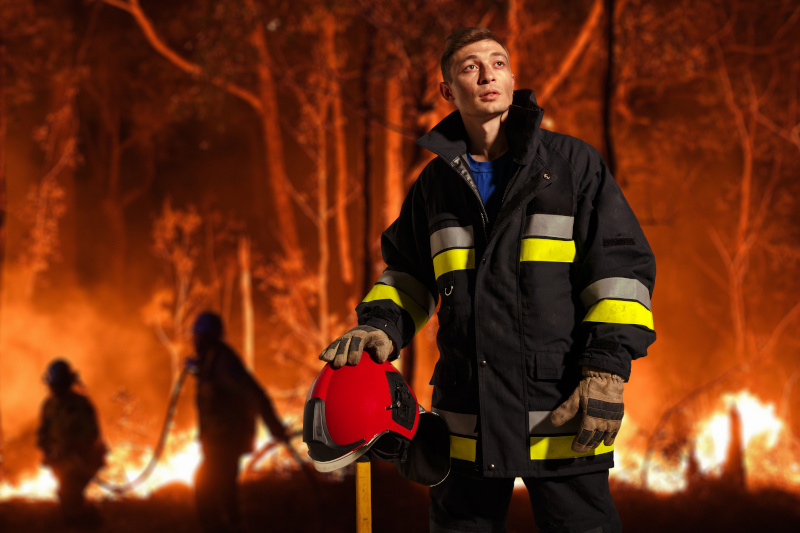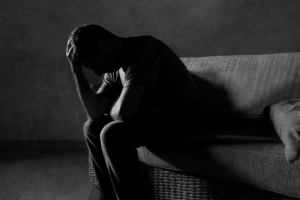“No one who witnesses a disaster is untouched by it.” – Kendall Pfeffer
This simple statement sometimes misses the impact disasters have on First Responders. Nobody wants to go through wildfires, earthquakes, pandemics, floods, and hurricanes. When natural disasters do happen, the public relies on their firefighters, police officers, soldiers, EMTs, and paramedics to be there and save lives during the worst of it. These brave men and women are heroes, lifesavers, and rebuilders. But as life starts to return to normal, First Responders are often left to deal with disillusionment and mental health recovery without proper support.
Heroism and Mental Health in a Disaster
Emergency Responders in action are a sight to see. They’re fearless, tireless, and relentlessly devoted to protecting their communities, even to the point of self-sacrifice. Or at least, that’s the expected image.
Most First Responders already work in the tough-it-up cultures of public safety, and it’s a struggle to acknowledge they need self-care, and seeking mental health treatment can be more challenging. As a result, a very high number of First Responders in a disaster are already dealing with untreated depression, trauma, and PTSD. And that leaves them absorbing the devastation of their communities and compounding their own mental health needs.
People forget how often First Responders are victims, too. The natural disaster they’re fighting has impacted their lives, which may include claiming their homes, loved ones, or coworkers. They experience a unique and direct conflict between the oaths to their community and their need to help their own families. And they’re doing this while weighing risks to their safety during catastrophic circumstances.
All of this can lead to numerous issues. Some post-disaster First Responders turn to destructive coping mechanisms like overuse of substances, which was documented after Hurricane Katrina. Other studies point to increased risks for PTSD, secondary traumatization, and suicide.
Mental Health Recovery Is Slower Than Disaster Recovery
Disasters last longer for First Responders. The pre-disaster preparations can mean working with multiple agencies, depending on the scale of the event. And the ending, while simple in public life, is much more nebulous for rescue teams still working through the aftermath.
Acts of humanity and gratitude seem to be everywhere, and the group effort of moving forward seems to instill a sense of hope in the community. However, this “Honeymoon” phase is shortly followed by a period of disillusionment. Financial and bureaucratic realities return, and recognition shrinks as life returns to normal. People start to forget that Emergency Responders risked or gave their lives to their community.
Many Emergency Responders feel under-appreciated and poorly compensated for their disaster relief efforts, contributing to burnout and compassion fatigue, especially when support begins to
fade. One example is COVID-19, which negatively impacts medical professionals and front-line workers.
Responding to First Responders
The awful truth is that we’ve seen more wildfires and increasingly severe hurricane seasons.
Much research is going into how to help First Responders. RAND-NIOSH studies call for coordinated First Responder safeguards, including professional psychological support services from public safety experts like The FMRT Group. Online lists of free resources teach self-resilience and psychological first aid. First Responders also need to receive continued support from the public they’re serving and training that allows them to recognize and act on their stress symptoms.








